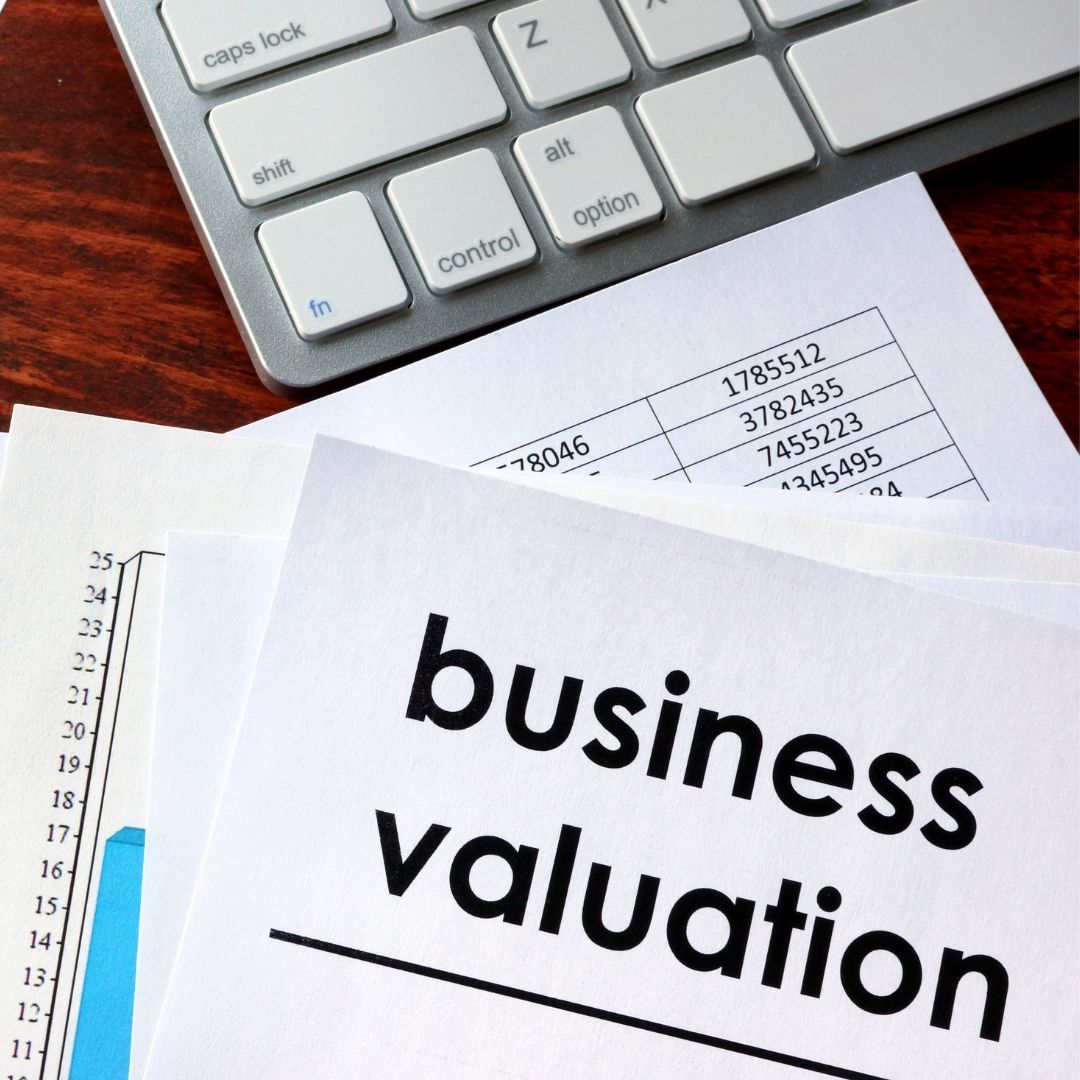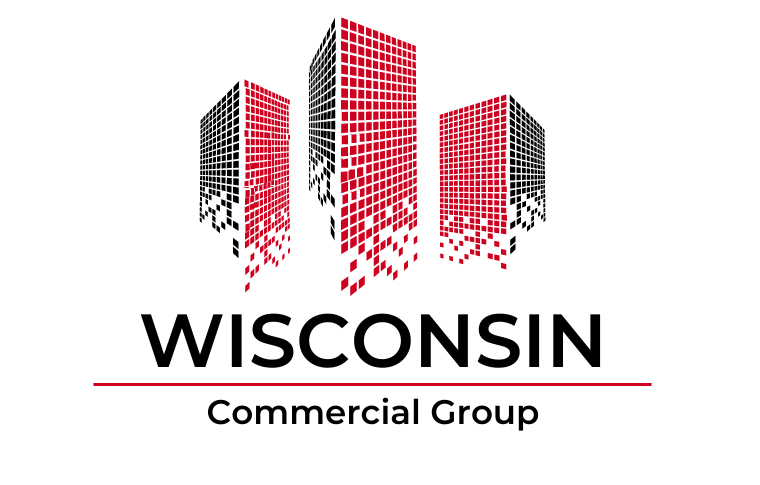Valuing Your Business: How Business Brokers Determine The Right Price
Selling a business is a significant decision, and one of the most critical aspects of this process is determining the right price.

Business owners often turn to experts known as business brokers to help them with this complex task.
The Art and Science of Business Valuation.
Valuing a business is a blend of art and science. It involves assessing various tangible and intangible factors to arrive at a fair and market-driven price. Business brokers are skilled professionals who specialize in this intricate process. Here's how they go about it:
Financial Analysis
Business brokers start by conducting a thorough financial analysis of your business. They examine your financial statements, tax records, and cash flow statements to assess your company's profitability and financial health. This analysis helps establish a baseline value for the business.
Market Research
One of the key roles of a business broker is to research the market. They compare your business to similar ones that have recently sold in your industry and location. This market research provides insight into current market trends, demand, and competitive pricing.
Asset Evaluation
Businesses possess tangible and intangible assets, both of which contribute to their value. Tangible assets include real estate, equipment, and inventory. Intangible assets may encompass intellectual property, brand recognition, customer relationships, and proprietary technology. Business brokers evaluate the worth of these assets when determining the overall value of your business.
Seller's Discretionary Earnings (SDE)
SDE is a crucial metric that business brokers use. It represents the total earnings available to an owner, including salary, benefits, and discretionary expenses. By calculating the SDE, brokers can provide potential buyers with a more comprehensive picture of the business's financial potential.
Industry and Economic Trends
Business brokers stay updated on industry-specific and economic trends that can impact your business's value. Understanding how your business aligns with current and future market conditions is essential for accurate valuation.
Seller's Goals and Timing
Brokers take into account your personal goals and timing for selling the business. If you have a specific timeframe or financial target, they'll work to find a price that aligns with your objectives.
Negotiation Skills
Once a suitable valuation has been determined, business brokers use their negotiation skills to secure the best deal for you. They engage with potential buyers, presenting the business's strengths and potential while addressing any concerns.
Due Diligence Support
During the due diligence process, business brokers assist in gathering and presenting the necessary documentation to potential buyers. This transparency can help maintain buyer confidence and smooth the transaction.
Deal Structuring
Brokers also play a role in structuring the deal, considering factors like financing, contingencies, and the timing of payments. Their experience ensures that the deal is structured in a way that benefits both parties.
Closing the Deal
Business brokers guide you through the final stages of closing the deal, ensuring all legal and financial aspects are in order. Their expertise minimizes the risk of last-minute complications that could jeopardize the sale.
Business brokers are essential partners in the process of selling your business. Their expertise in financial analysis, market research, and negotiation, combined with their understanding of your goals, helps determine the right price for your business. Trusting a skilled business broker to value your business accurately can lead to a smoother, more profitable sale and allow you to transition to the next phase of your professional journey with confidence.










